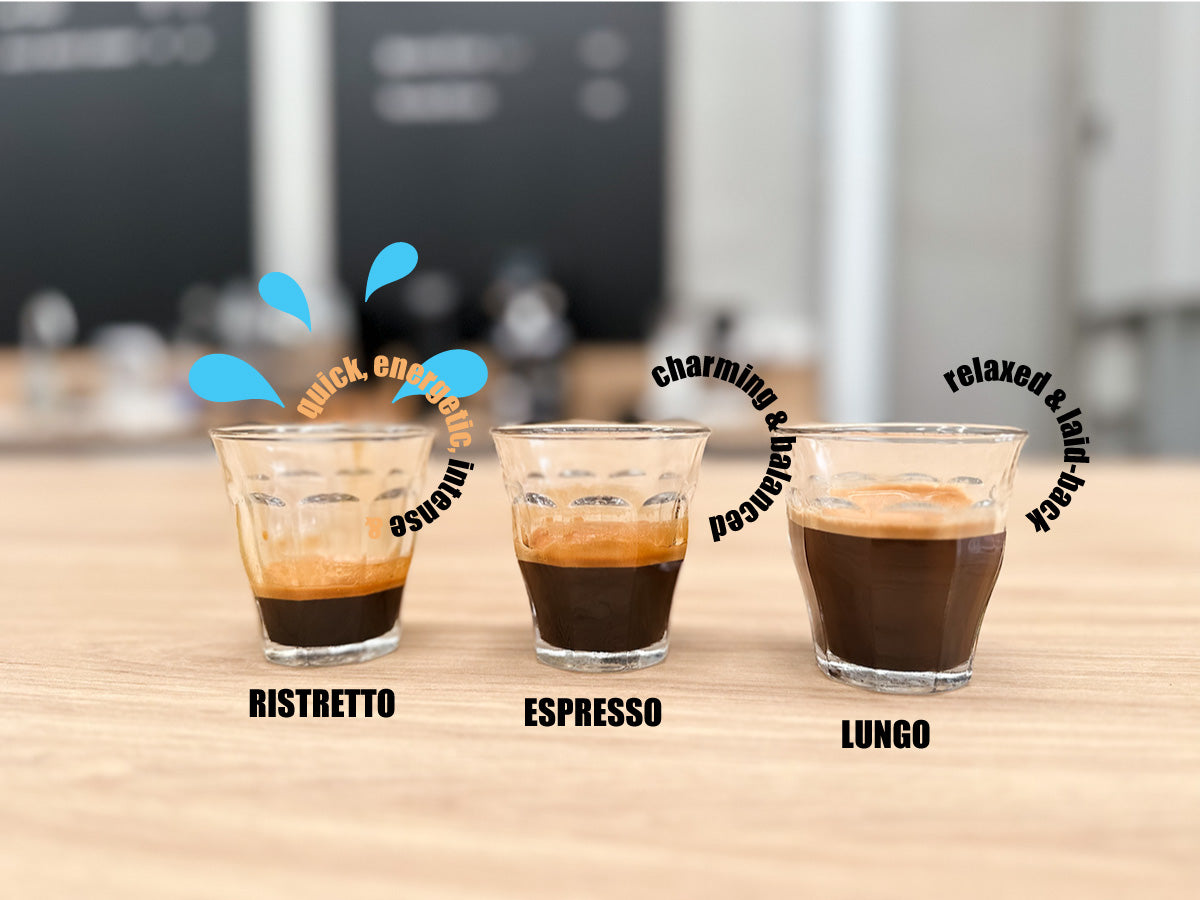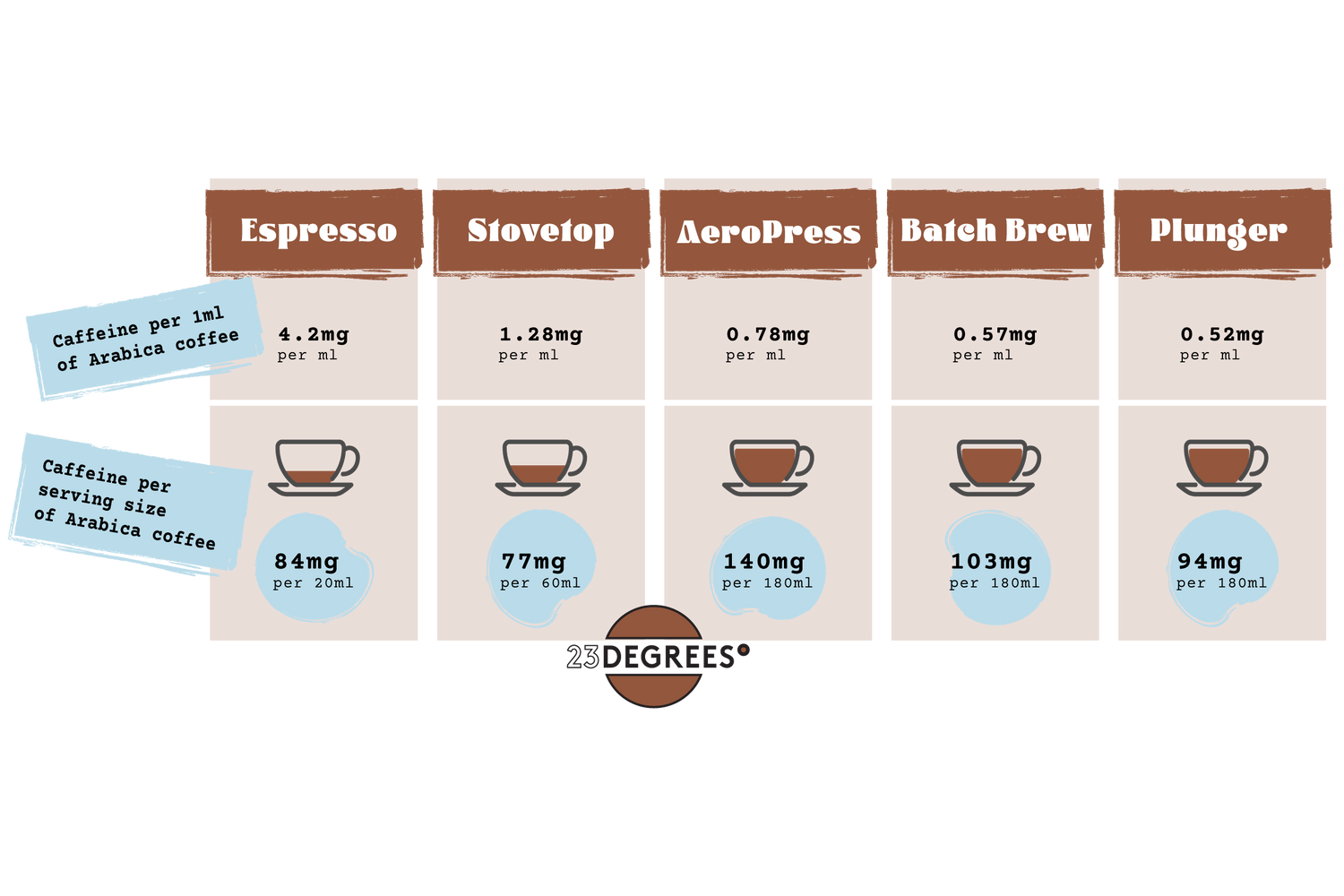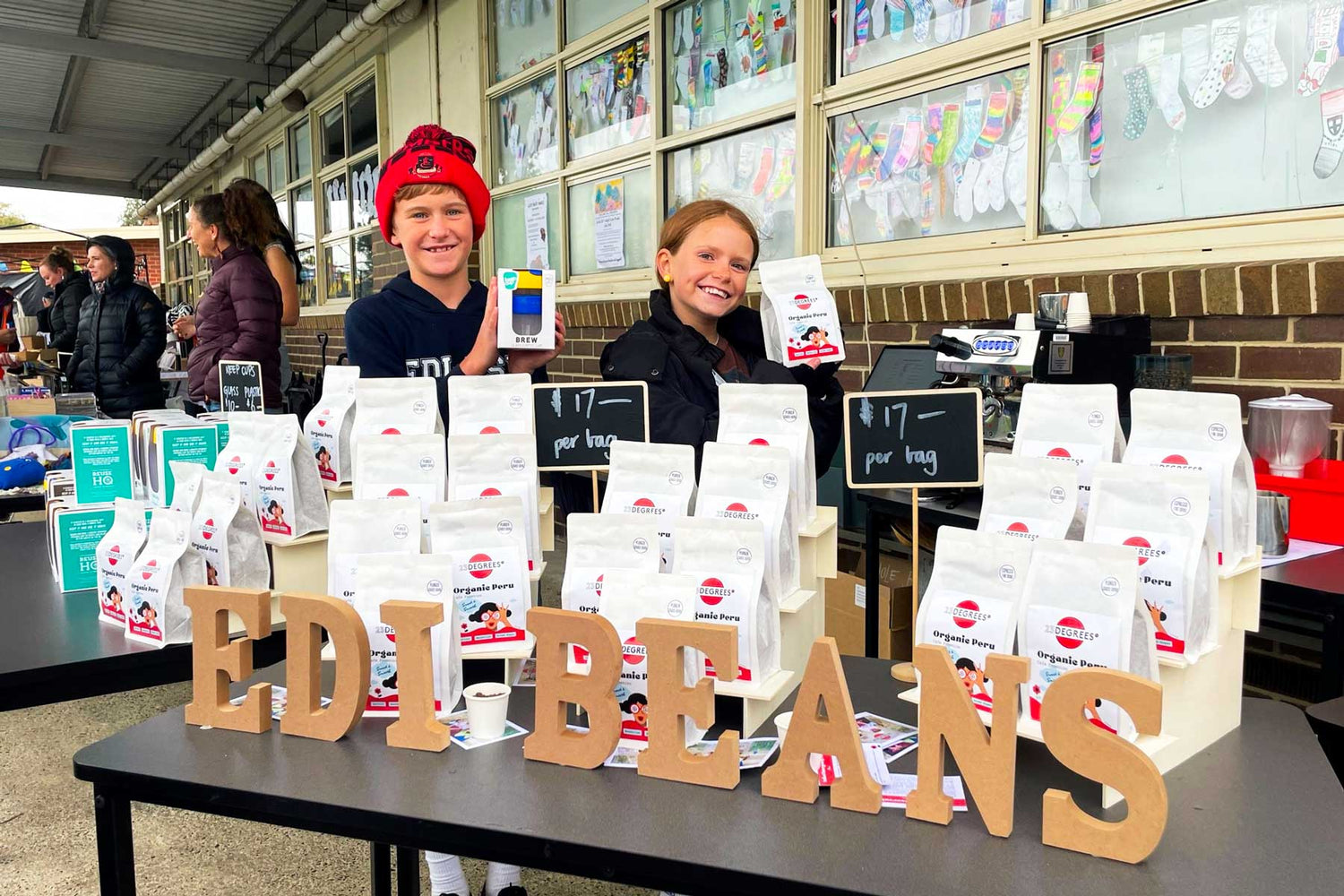... or the perfect storm.
It is hard to believe that it has been less than 6 months since we travelled to Peru meeting the women of the CECANOR cooperative and Café Femenino Program. We travelled deep into the Lambayeque and Amazonas region visiting rural communities.
Like so many other industries, the coffee industry has been significantly impacted by the global pandemic. We want to share a unique insight into how coffee growers, cooperatives and exporters in Peru are impacted by COVID-19 and how the supply chain is working together to respond to those challenges.
We talked to Isabel Uriarte LaTorre, one of the founders of the revolutionary Café Femenino Program, a coffee produced and managed by women on how the coronavirus has impacted the CECANOR Cooperative and its 800 women coffee growers, families and communities. Today, Isabel is the General Manager of PROASSA, a Peruvian private exporter of CECANOR and Café Femenino coffees. She remains a strong supporter and ambassador on the ground for the Café Femenino Program and the Café Femenino Foundation.
HOW ARE COFFEE GROWING COMMUNITIES PROTECTING THEMSELVES AGAINST COVID-19?
We asked Isabel how rural coffee growing communities in the Lambayeque and Amazonas regions are responding to the health risk posed by COVID-19.
For decades Peruvian’s from rural communities have migrated to large cities such as Lima in search of employment. When the pandemic made it impossible to continue working and earn an income hundreds of thousands of people made their way back into their rural communities. Isabel tells us, “The return of family members from cities poses the largest risk for COVID-19 transmission into the rural coffee growing communities. Our coffee communities are still clean, there are no infections. Organised producers are playing a very important role in controlling the movement of people. They have an organisation called Rondas Campesinas and it is a very important institution in the communities. They do not allow anyone to enter the communities if they do not quarantine and whoever leaves the community upon return has to quarantine. All the people who enter the communities have to quarantine and meetings, parties or visits are not allowed. The problem is worse in the cities, the conditions of the quarantine declared by the government are not being complied with, and infections are at very high levels in some regions such as Lambayeque-Chiclayo and the health services and have collapsed.”

DO THE RURAL COFFEE COMMUNITIES HAVE ACCESS TO FOOD SUPPLIES?
Isabel says: “Over the years, the communities have worked hard on crop diversification and becoming self-sufficient through growing food. Many of these projects have been funded by roasters through the Café Femenino Foundation. Producers have the basics on their farms: corn, beans, quinoa, peas, potatoes, aracacha, greens and vegetables, small breeds such as chickens, ducks, guinea pigs. But with three months of consumption many foods are ending. In particular, communities need the products that they cannot produce themselves such as oil, sugar, rice, noodles.”
WHAT HELP ARE YOU GETTING?
To help purchasing food, the Café Femenino Foundation has provided $10,500 for a Food Emergency fund which is managed as a Microfund. Isabel says: “We have already delivered food to 115 producers, most of whom are women to buy the food they need to supplement their own crops. The women return the funds in August or September when they deliver their coffee. The funds will then be available to other producer groups. The communities served so far are: Agua Azul and La Laja (Aspro-Cajamarca), Tallapampa (Lambayeque), New York, Roblepampa, El Ron (Amazonas). The Government has allocated Aid Bonds, but unfortunately it reaches very few."
Isabel says: “With the Medical Emergency Fund sponsored by 23 Degrees Coffee Roasters, we can assist our farmers if someone becomes ill. Given the collapse of the health system in Peru, this fund has become even more important.”
HOW IS THE PANDEMIC AFFECTING DEMAND AND INCOME?
With social distancing rules around the world cafes and restaurants have had to close. Tragically, endless people lost or saw their income reduced.
Reduced demand has had a ripple effect on roasters. Whilst the at home consumption of coffee has picked up significantly, overall the demand is still well down. Consequently, many roasters have had to scale back their production and were calling up fewer bags of coffees from their importer warehouses. Accordingly, importers have been left with large inventories levels and are under pressure to find ways to meet longer than usual cash cycles.
So, we wanted to know how the pandemic has impacted the coffee producers?
Isabel tells us: “In Peru the harvest is underway and it is a good harvest – better than last year. Unfortunately, demand is stagnant. We have hardly any contracts in place. In years gone by, we had more than 50% of our coffee already contracted. This is our great concern.”
Isabel explains, “If our coffee farmers were to have to sell their coffee at commodity prices, there is a large risk that the hard work and investments over many years in quality and certifications would become undone. For years the CECANOR cooperative has worked with its coffee producers to strive to produce high quality coffees, and obtain fairtrade and organic certifications. Farmers went through a 3-year transition periods to move from conventional to organic production. Coffee grown under organic cultivation only yields 50% - 70% of conventional coffee. This shortfall is made up by premiums paid for quality. Under the Café Femenino Program, all coffees are organic and Fairtrade certified. Producers who produce under the Café Femenino Program receive Fairtrade prices, premiums for organic produced coffees, a premium for quality and a Café Femenino Premium. Without contracts farmers may be tempted to walk away from organic cultivation and may alternately seek joining a different cooperative.
We asked Isabel, how can PROASSA, the private exporter, continue to buy this year’s harvest from CECANOR and its producers given the lack of demand? Isabel tells us: “The risk is high and we are going to take it. We have spoken with PROASSA partners to provide a loan so that we can facilitate the purchase of coffee. We have also spoken to high-yielding coffee growers so that they do not demand full payment for their coffee at delivery, that they defer some of the payment. To date, all CECANOR producers receive payment at the time of delivery of their coffee, which is very unique in the coffee supply chain. So with PROASSA’s equity capital, the new loan and some deferred payments to larger producers, we are remaining positive to finance and sell 15 containers of coffee. This will enable us to continue buying from the producers throughout the harvest. These are tough times. But we have lived through tough crisis before in 1995, 1997, 2001, 2011. I am sure we will overcome it.”
WE ARE ALL IN THIS TOGETHER. Thank you for reading.








